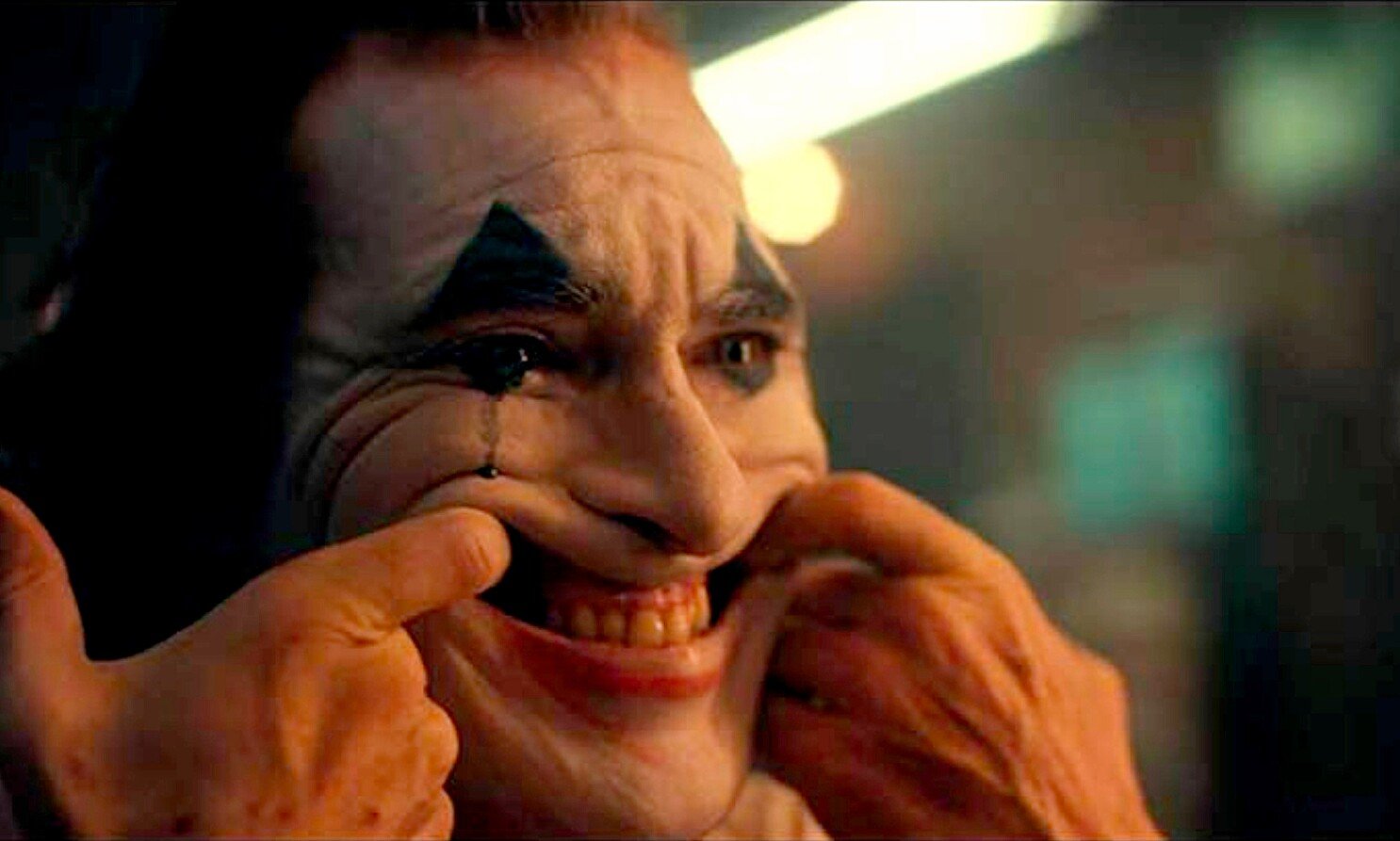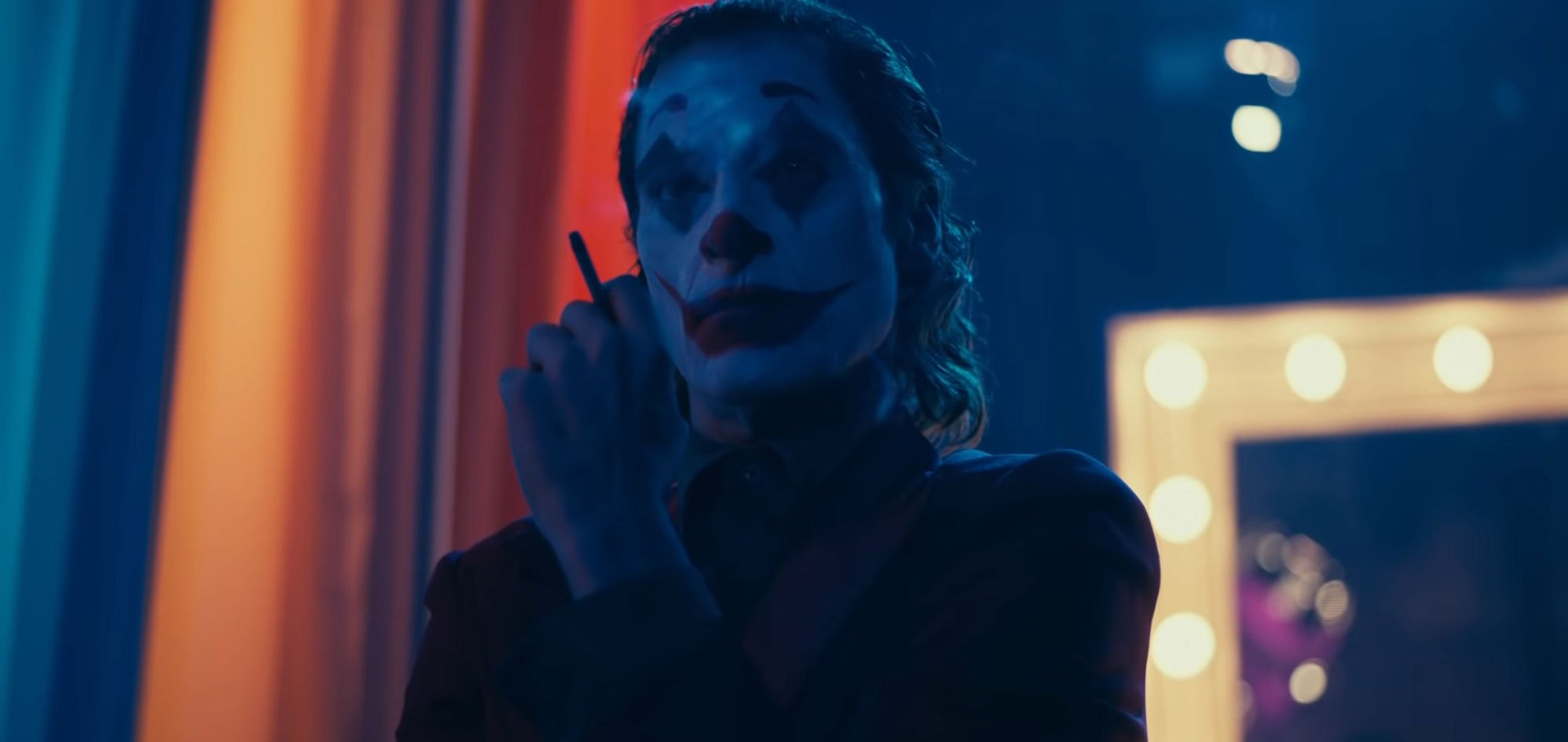‘Joker’ Review: Todd Phillips Ushers in a New Era of Auteur-Driven Comic-Book Films [TIFF 2019]
Amidst the chaotic fallout of the DCEU post “Justice League,” Warner Bros. and DC needed a massive shakeup. However, no one expected that shakeup to come in the form of isolated character studies. When it was announced that Todd Phillips (“Old School,” “The Hangover Trilogy,” “Due Date”) would be developing a standalone Joker film with Joaquin Phoenix under the label of “DC Black,” many were uncertain of the implications, but there was a veil of intrigue surrounding the project. The “Old School” director whose line, “I’m here for the gang bang” cemented itself as quotable comedic gold, is a rather odd choice to champion in a new slate of auteur-driven comic book films, yet with “Joker,” Phillips emerges as an unlikely hero. “Joker” utilizes the popularity of the comic book movie platform to deliver a new character story. In a repulsive, vile, and evil exploration of one of comics’ most iconic villains, Phillips changes the lens through which we view films in this genre.
The film follows Arthur Fleck (Joaquin Phoenix), a failed comedian and sales clown who’s been abused, beaten down (both physically and mentally), and discarded by society. Consumed by negative thoughts and a warped sense of self-righteousness, Fleck begins a slow descent into madness as he transforms into the infamous Joker.
There’s much to process in Phillips’ 70s inspired mood piece. It’s a story that, given the sociopolitical landscape of our country, needed the absolute perfect touch to thread the needle properly on a potentially astute commentary on the status of our society. One can already sense the “We live in a society” memes incoming, but the fact of the matter is “Joker” very much holds up a mirror to the tightly wound and problematic nature of the times we currently live in. It unflinchingly questions our methods of supposedly preventing a mass murderer such as Arthur Fleck from reaching the point of no return, expounding upon the environment that fosters such deeply horrific psychological distress. Phillips implies that if nothing changes, this already scarily real comic book fantasy might be in the cards for our future. However, the onus isn’t placed solely on society as sometimes these demons manifest themselves through uncontrolled circumstances as the seemingly ordinary can trigger impulses of unfathomable consequences. In the end, these inhuman individuals must be held accountable for their actions.
Much of the pre-screening talk surrounding “Joker” was cautious of Phillips’ portrayal of The Clown Prince of Crime - would he condemn or condone the character’s incel behavior. While interpretations may vary, Phillips made it abundantly clear that Arthur is indeed the villain. We, as an audience, should be disturbed and off-put by his vile actions. He kills for pleasure and without remorse. He insights victimhood as justification for his actions joking, “What do you get when you cross a mentally-ill loner with a society that treats him like trash?” Just wait for the punchline. Phillips conveys a cautionary tale of what happens when you give such a deranged individual a platform showcasing the chaos and destruction that follows suit. He even retorts many of Arthur’s warped claims of self-pity by way of Robert DeNiro’s late-night host Murray Franklin in the film’s climactic confrontation. While Phillips’ ambition provides meaty material, the success of “Joker” truly rests on the shoulders of Joaquin Phoenix.
Commanding the screen in every single scene, it’s not hyperbole to say Phoenix’s portrayal of the Joker may be his most exceptional work to date. All restraints are lifted as he sinks to the darkest recesses of his psyche to inhabit such a troubled and volatile individual. There’s a vulnerability to Phoenix as an actor that perfectly lends itself to Arthur’s insecurities as he projects them onto the world around him through a gradual transformation into the infamous clown. Through every awkward encounter, erratic tick, forced smile, troubled confession, and emotionless kill, Phoenix disturbingly shifts through every phase of Arthur’s descent into madness. His sporadic and uncontrolled laughter (the result of a medical condition) is painful, inhuman, and lacking in all genuine emotion - the sound of someone so desperately unsure of how to be a real person. It’s only when Arthur fully gives in to the darkness within him that he truly feels alive. As a result, Phoenix is at his most eccentric and colorful when hiding behind a red suit and layers of make-up in what is one of the scariest interpretations of the Joker ever put to screen.
Taking heavily from the aesthetic of mid-70s and early 80s grunge films, “Joker” unabashedly wears its influences of “Taxi Driver” and “King of Comedy” on its sleeve. The streets of Gotham are filled with graffiti, grit, and grime. Lawrence Sher’s dimly lit and rustic cinematography utilizes sickly yellows and greens matching the uneasiness invoked by our main character. Hildur Guðnadóttir’s haunting and eerie score envelops audiences in darkness texturizing the unsettling pieces already in play.
Todd Phillips’ isolated character study is one that’s sure to elicit many contrasting reactions, but there’s no doubting the level of craftsmanship on display here. It’s a gross, provocative, bleak, experience that leaves one hopeless and numb, causing us to reflect on our own society. “Joker” isn’t a film that reinvents the wheel, its lead performance elevates a fairly standard script. However, it does usher in a new era of what a comic book film can be and perhaps its greatest gift is the art it will inspire.



